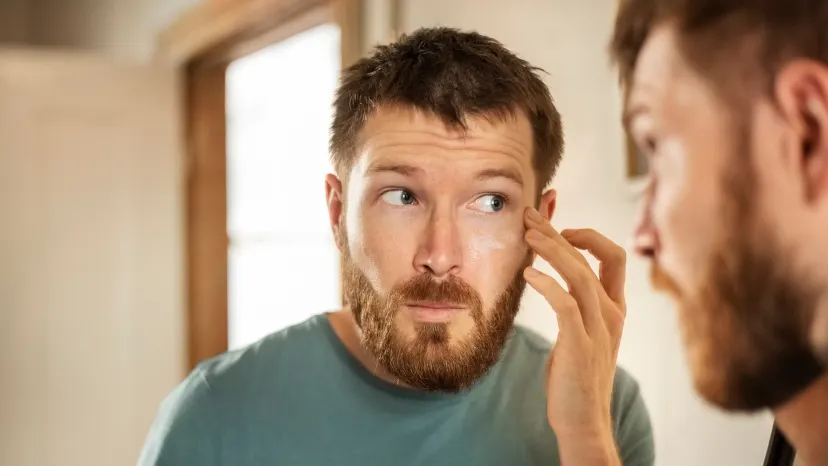Skin health
Introduction
Your skin is often one of the first things people notice about you, so it's only natural you’d want to keep your skin healthy and glowing.
While a blemish here and there is to be expected, full-blown adult acne or skin that's constantly red, scaly, itchy, or inflamed probably isn't.
To help you understand these issues, we've created a hub about skin health, with the information you need all in one place.
Here you'll find information about the signs, symptoms, causes, and treatments available for a number of common issues, including psoriasis, rosacea, eczema, acne, and more.
Whether you have a chronic skin condition or you're just starting to notice changes, it's important to see your healthcare provider (HCP) for more insight.
During your appointment, you'll discuss symptoms, risk factors, and lifestyle habits that may be contributing to your problem, as well as the many treatment options available to help you achieve the healthiest skin possible.
Browse these topics, then discuss them with your HCP. By working together, you can care for your skin—and feel more comfortable living in it.
Psoriasis
Is that red, discolored, scaly patch of skin an allergic reaction? A bugbite? Or could it be psoriasis? Only your HCP can tell you for sure. Read on to get a better understanding of the symptoms and causes of the different types of psoriasis so you know when it's time to seek help.
Rosacea

Do you feel like the center of your face is constantly red or violet-toned? Have you developed swollen, pus-filled bumps? Are your eyes swollen and itchy? What about your nose? Is the skin on it starting to thicken? If you have any of these symptoms, you might be wondering if you have rosacea. Read about the types of rosacea and find out what your HCP can do to help improve your skin's health and appearance.
Eczema

Skin that’s itchy, inflamed, red, or discolored isn't comfortable. While it could just be a bout of dry skin caused by your new detergent, it may also be the result of a condition called eczema. Find out about the signs and symptoms of eczema and learn how your HCP can help treat it.
Acne
You probably thought you'd stop breaking out after your teen years. But if you're like many adults, you know acne doesn't always end after high school or college. Read about adult acne and learn whether medication, lifestyle changes, or even what you eat can help clear it up. It's best to talk to your HCP about any concerns, as they can give you a proper diagnosis and treatment plan.





